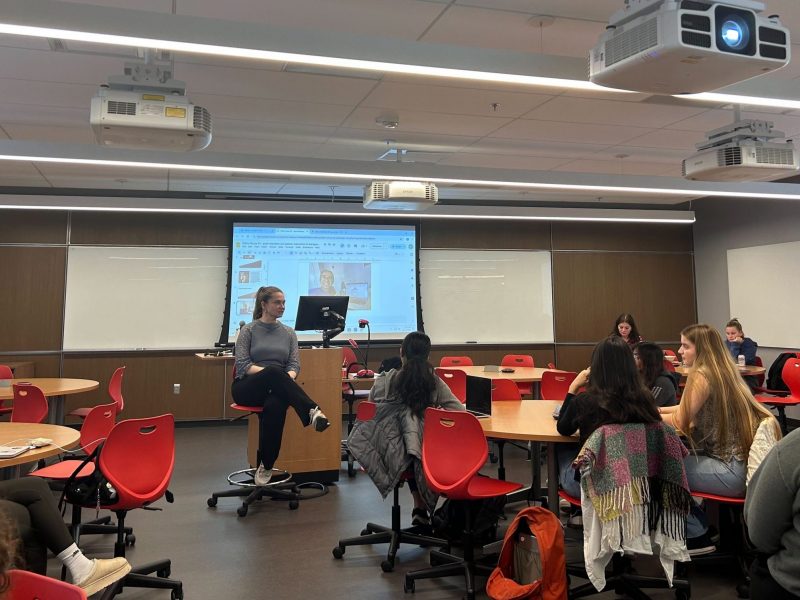
Master of Public Health Student
Motivation is something I’ve found to be extremely personal. Some people are constantly searching for motivation, while others either don’t stop to think about it or always have a clear grasp on the concept. Personally, I envy the latter, because I am certainly the former.
A scientist by training, I’ve thought about this tendency a lot, and I’ve made one very important connection that sums it up for me. As the Science Guy always says, “Inertia is a property of matter” (I hope I didn’t just completely date myself with that Bill Nye reference). The law of inertia, one of Isaac Newton’s laws of motion, basically states “An object at rest tends to stay at rest, while an object in motion tends to stay in motion.” I have found this to be true in public health when it comes to exercise, but also on a larger scale when it comes to my motivation in general.
So with that in mind, how does a hunk of matter like a human being come back from winter break and get back into motion? We’re a few weeks into the semester now, and it can often be challenging.
Maybe you’re the kind of person who hits the ground running when a new semester starts and then burns out. If you’re like me, then you’re the opposite — dragging your feet, putting one foot in front of the other and trying your hardest to keep going.
The upside to inertia, however, is that once you’re going, it becomes easier to keep going. One day you realize that somehow by taking all that effort to put one foot in front of the other, you’re actually walking pretty briskly, jogging or even running through the semester.
Now, like all runners, you’re likely to hit what is called “the wall” — a point when you feel it is next to impossible to go on. But, in my experience, baby steps turn into larger and faster steps without you even realizing what’s happening. The initial barrier physics presents when you go from absolute rest to slight motion is the hardest to overcome. There’s something very comforting in that thought — the initial friction is the hardest to get past.
So how have I learned to deal with my most natural of physical tendencies and loss of motivation? Try hard not to lose all motion, and know that even if you’re bridging that gap in work with exercise or challenging your mind in some other way, it will be that much easier to get going when you are required to challenge your mind again for school — or to keep going when you need to continue on with your studies. Keep in motion even just a little bit, and you’ll reap the benefits of physics, naturally.
Samantha Watters is a graduate student in the master of public health program. She can be reached at swattersdbk@gmail.com.



